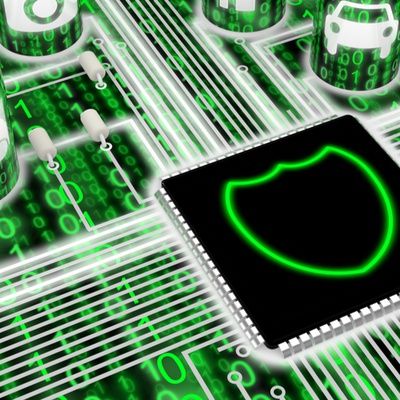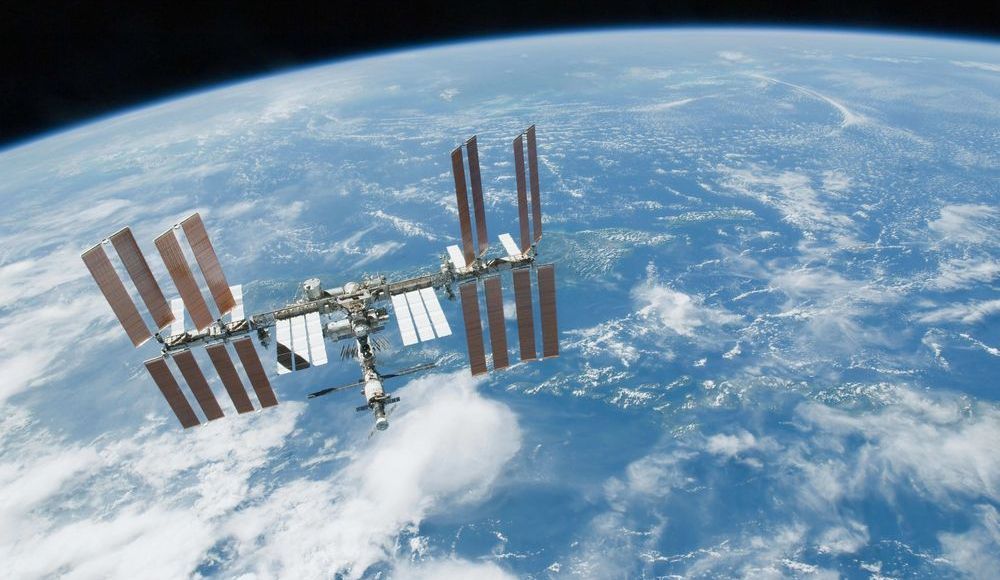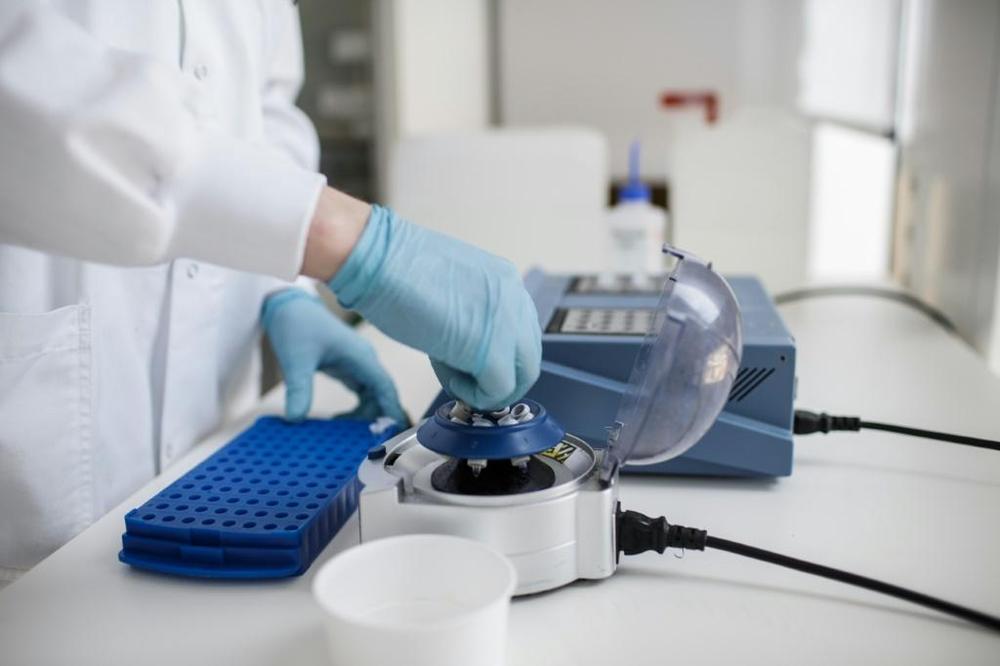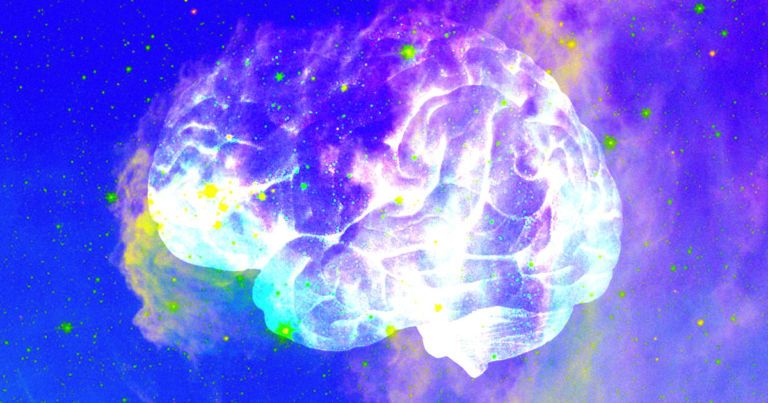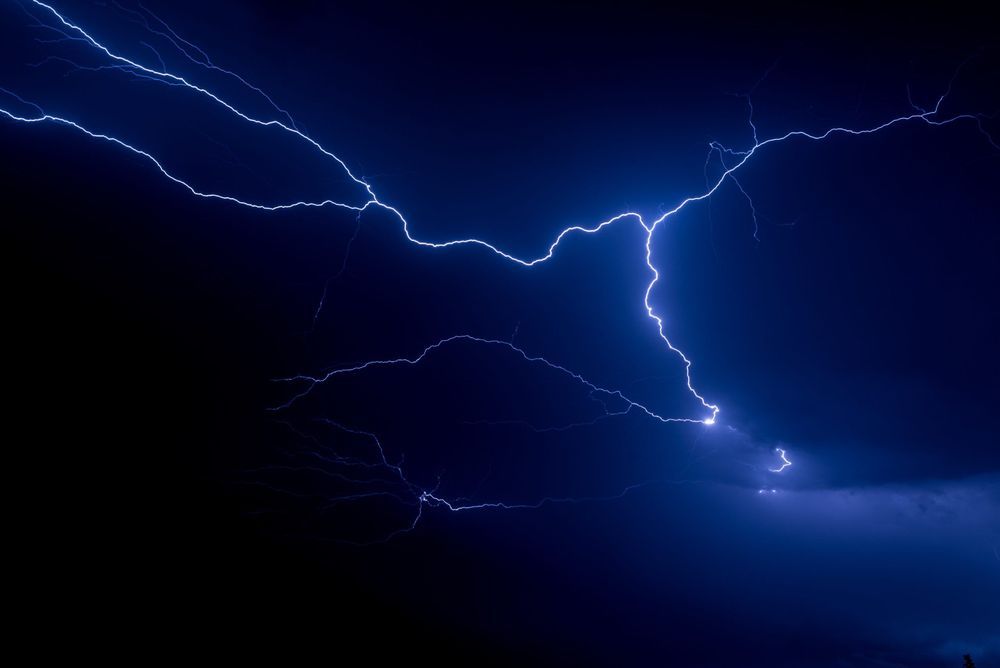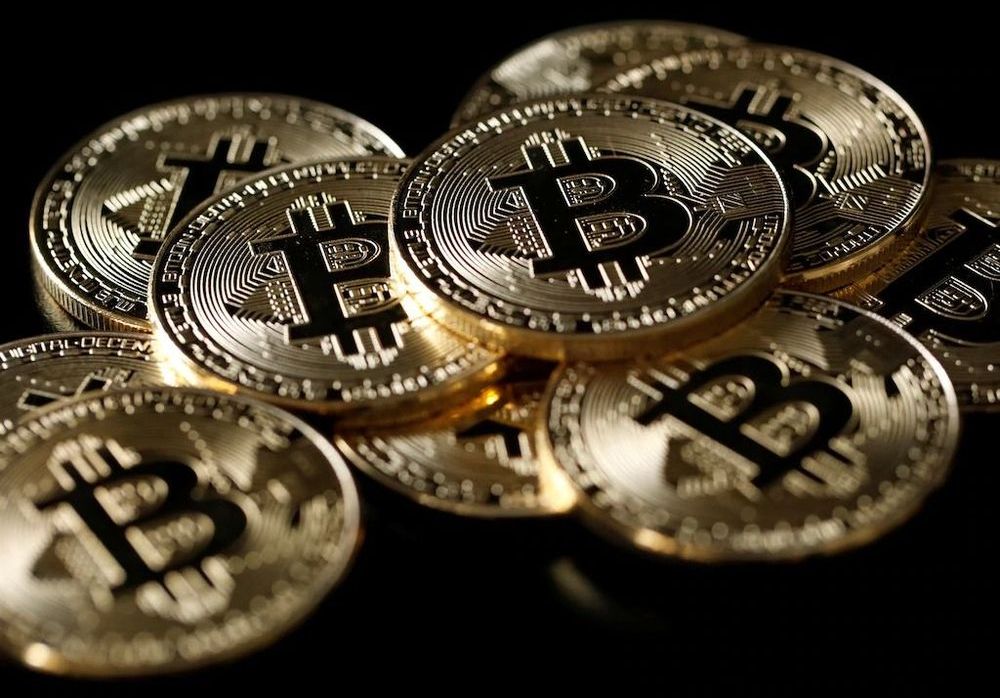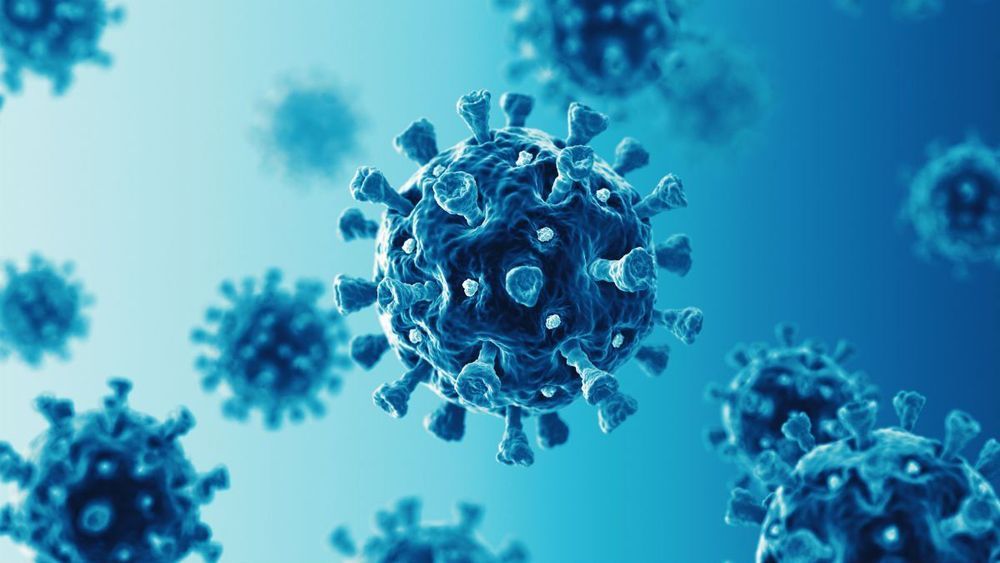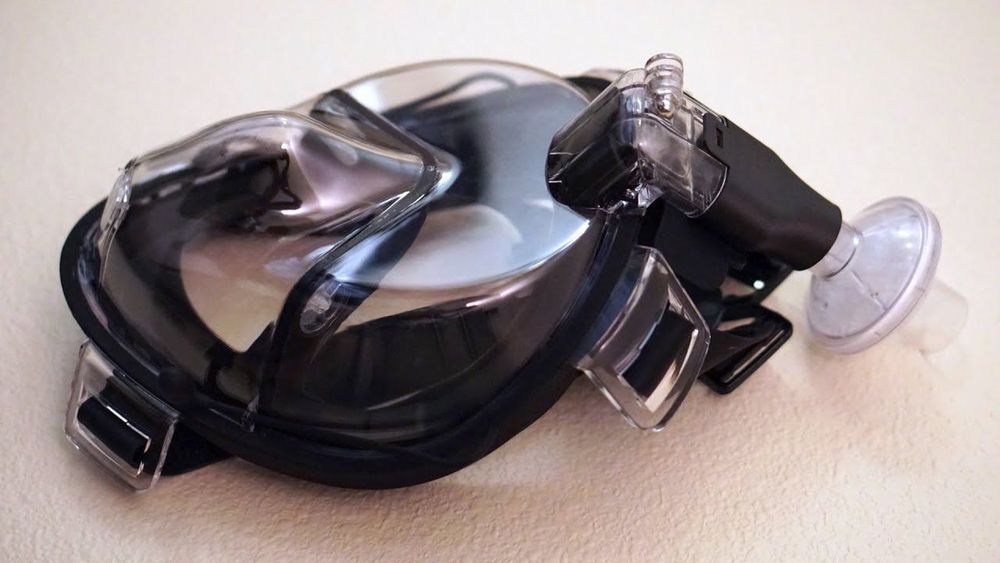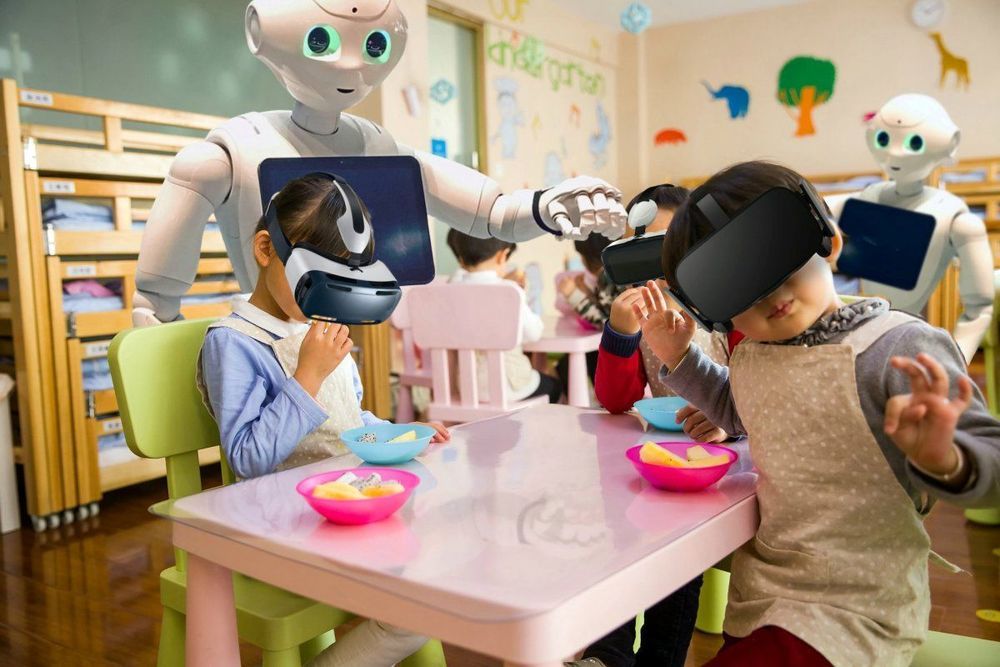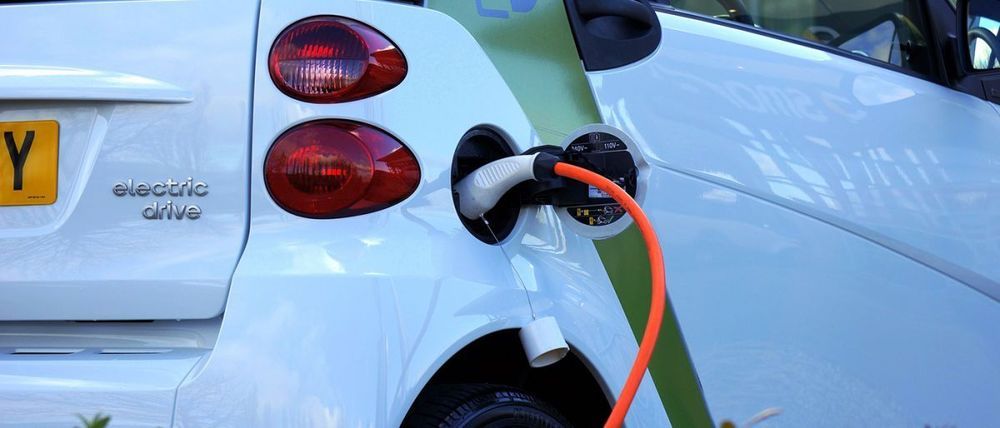The VERDICT tool aims to allow systems engineers to assess cybersecurity even without deep expertise.
Investment in the fast-growing space industry was booming well into the first quarter of 2020 but private capital has largely frozen as the coronavirus pandemic strikes the U.S., leading both civil and military agencies to step up funding for corporate partners.
“We kicked into high gear as soon as it was apparent a lot of companies were not going to be able to conduct business as usual due to distancing requirements,” Mike Read, International Space Station business and economic development manager at NASA’s Johnson Space Center, told CNBC.
U.S. equity investment in space companies totaled $5.4 billion across 36 deals in the first quarter, according to a report Friday by NYC-based firm Space Capital. But the second quarter is likely to just see a fraction of that investment, according to Space Capital managing partner Chad Anderson, as deal flow in the U.S. will follow China’s path. Chinese investment in space was climbing by record amounts until the first quarter, when “activity in China was basically shut off,” Anderson said.
DARPA is working on a “temporary vaccine” that would serve as a “firebreak” that would provide immunity for several months until a regular vaccine is made available. The researchers used two different methods to manufacture and clone the most potent antibodies of coronavirus patient survivors. The.
The crypto market has been able to add on over $20 billion to its total capitalization, with the upswing seen today by Bitcoin and many of its smaller counterparts marking a full erasure of the losses incurred during the mid-March meltdown.
The significance of today’s price action extends far beyond just boosting the market’s technical strength, as it has also revitalized investors – an occurrence indicated by trading volume on crypto exchange Binance hitting a fresh all-time high today.
This comes as the benchmark cryptocurrency’s fundamental undercurrent grows stronger, with the influx of new retail investors into BTC suggesting that there may be a shifting market dynamic that ultimately allows it to continue climbing higher.
Bitcoin crossed the $8,000 mark for the first time on Wednesday since March ahead of ‘bitcoin halving’ that will take place on May 12. Som…
Bioengineering professor Manu Prakash runs a lab at Stanford University that uses low-cost materials to create effective scientific devices. He returned from a recent vacation with some scuba gear — as well as a cold. While he tested negative for COVID-19, he stayed cautious and self-quarantined for two weeks. During that time, he reworked his snorkel mask into a reusable face shield for healthcare providers by combining it with a medical-grade filter. Dubbed the Pneumask, Prakash and his team tested the device and sent their findings to the FDA, which cleared it as a face shield or surgical mask, but not as a respirator. According to The Washington Post, this decision was made so that the masks could go out to healthcare workers immediately, as clearing the device as a respirator would require more time.
Manu Prakash and his team at Stanford University have turned a standard scuba mask into a reusable medical face mask.
ROBOTS will raise one in three children in the future, an AI expert says.
Dr Michelle Tempest says the droids will feed, exercise and teach kids.
They will also change nappies and tell stories and artificial uteruses will develop foetuses.
Dr Tempest says that by 2050 parenting will be “entirely optional”.
A new charging system for electric vehicles would involve building hardware onto roads so that cars can power up while they drive.
